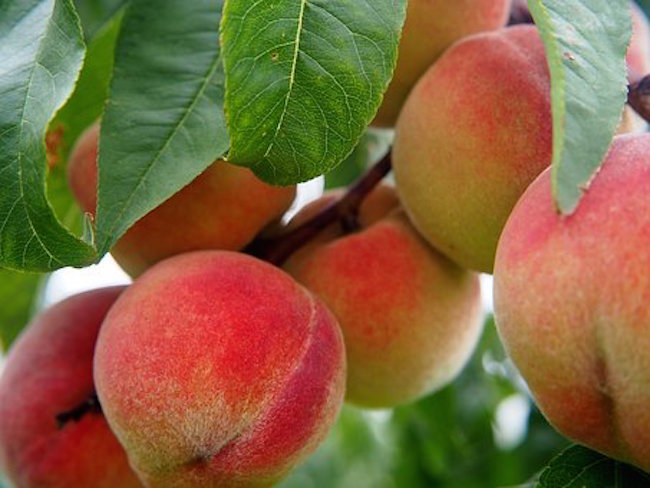Strawberries, spinach top new ‘Dirty Dozen’ list of pesticide-contaminated produce by Erin Elizabeth for Health Nut News
GNN Note – This is one of the best pieces of information for those looking to “clean up” their diet. Organic produce is approximately 30% higher than conventional (poisoned) produce and the Clean 15! sure help in cutting some of the cost and help us to avoid the Dirty Dozen. With strawberries at the top of the list for a number of years I gave up strawberries altogether a few years ago. It’s like knowing that I’m eating poison.
******
Every year, the Environmental Working Group (EWG) puts out a list of the produce with the highest concentration of pesticides after being washed or peeled. For those concerned about the pesticide load on their food, this is a story you want to pay attention to and share with your friends.
The big shocker this year? Kale has risen to 3rd place, up from its position of 8 last year.
In a statement announcing the list, EWG toxicologist Alexis Temkin, Ph.D. said, “We were surprised kale had so many pesticides on it, but the test results were unequivocal. Fruits and vegetables are an important part of everyone’s diet, and when it comes to some conventionally grown produce items, such as kale, choosing organic may be a better option.”1
“The lists are based on more than 40,900 fruit and vegetable samples tested by the USDA and the Food and Drug Administration (FDA). Overall, pesticides were found on nearly 70 percent of non-organic produce sold in the U.S., according to EWG. One of the pesticides found was Dacthal, which was found on nearly 60 percent of kale samples. It has been found by the U.S. Environmental Protection Agency to possibly cause cancer in humans and has been banned from being used on crops in the EU since 2009. Another chemical found on apples, diphenylamine, has also been banned in the EU over cancer concerns.”




